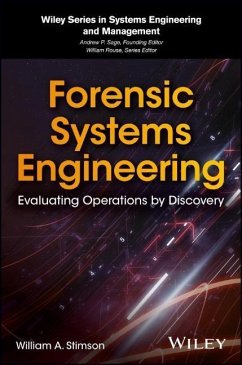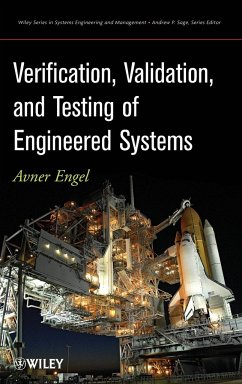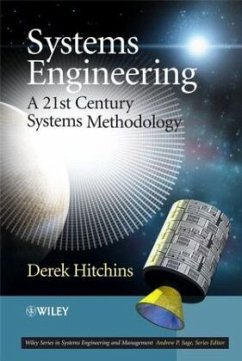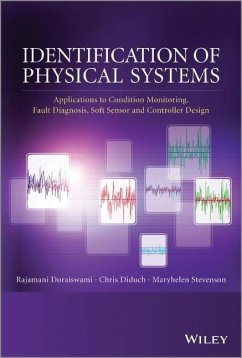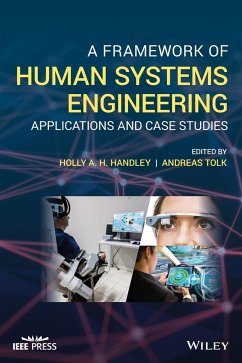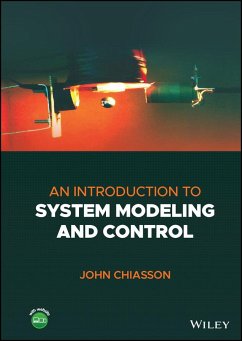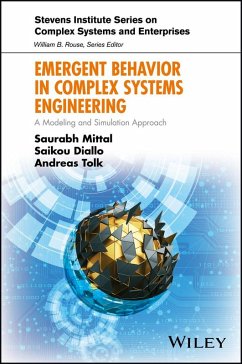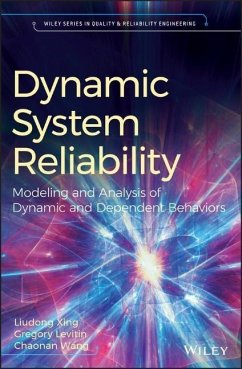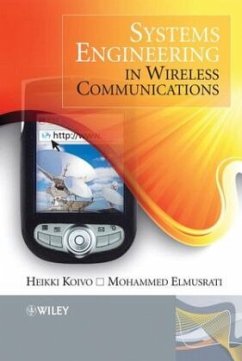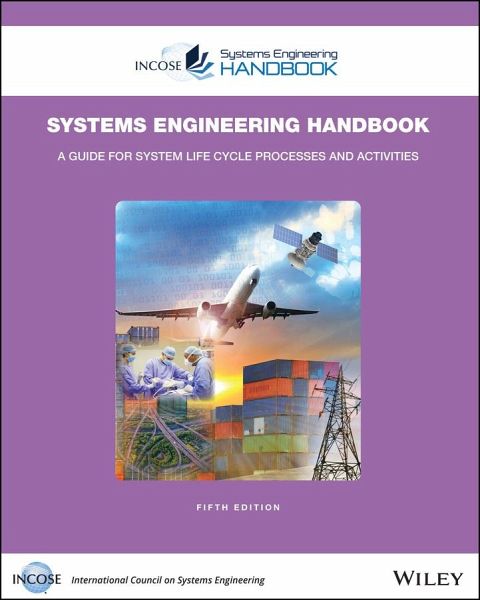
INCOSE Systems Engineering Handbook

PAYBACK Punkte
38 °P sammeln!
SYSTEMS ENGINEERING HANDBOOKA comprehensive reference on the discipline and practice of systems engineeringSystems engineering practitioners provide a wide range of vital functions, conceiving, developing, and supporting complex engineered systems with many interacting elements.The International Council on Systems Engineering (INCOSE) Systems Engineering Handbook describes the state-of-the-good-practice of systems engineering. The result is a comprehensive guide to systems engineering activities across any number of possible projects. From automotive to defense to healthcare to infrastructure,...
SYSTEMS ENGINEERING HANDBOOK
A comprehensive reference on the discipline and practice of systems engineering
Systems engineering practitioners provide a wide range of vital functions, conceiving, developing, and supporting complex engineered systems with many interacting elements.
The International Council on Systems Engineering (INCOSE) Systems Engineering Handbook describes the state-of-the-good-practice of systems engineering. The result is a comprehensive guide to systems engineering activities across any number of possible projects. From automotive to defense to healthcare to infrastructure, systems engineering practitioners are at the heart of any project built on complex systems.
INCOSE Systems Engineering Handbook readers will find:
_ Elaboration on the key systems life cycle processes described in ISO/IEC/IEEE 15288:2023;
_ Chapters covering key systems engineering concepts, system life cycle processes and methods, tailoring and application considerations, systems engineering in practice, and more; and
_ Appendices, including an N² diagram of the systems engineering processes and a detailed topical index.
The INCOSE Systems Engineering Handbook is a vital reference for systems engineering practitioners and engineers in other disciplines looking to perform or understand the discipline of systems engineering.
A comprehensive reference on the discipline and practice of systems engineering
Systems engineering practitioners provide a wide range of vital functions, conceiving, developing, and supporting complex engineered systems with many interacting elements.
The International Council on Systems Engineering (INCOSE) Systems Engineering Handbook describes the state-of-the-good-practice of systems engineering. The result is a comprehensive guide to systems engineering activities across any number of possible projects. From automotive to defense to healthcare to infrastructure, systems engineering practitioners are at the heart of any project built on complex systems.
INCOSE Systems Engineering Handbook readers will find:
_ Elaboration on the key systems life cycle processes described in ISO/IEC/IEEE 15288:2023;
_ Chapters covering key systems engineering concepts, system life cycle processes and methods, tailoring and application considerations, systems engineering in practice, and more; and
_ Appendices, including an N² diagram of the systems engineering processes and a detailed topical index.
The INCOSE Systems Engineering Handbook is a vital reference for systems engineering practitioners and engineers in other disciplines looking to perform or understand the discipline of systems engineering.





